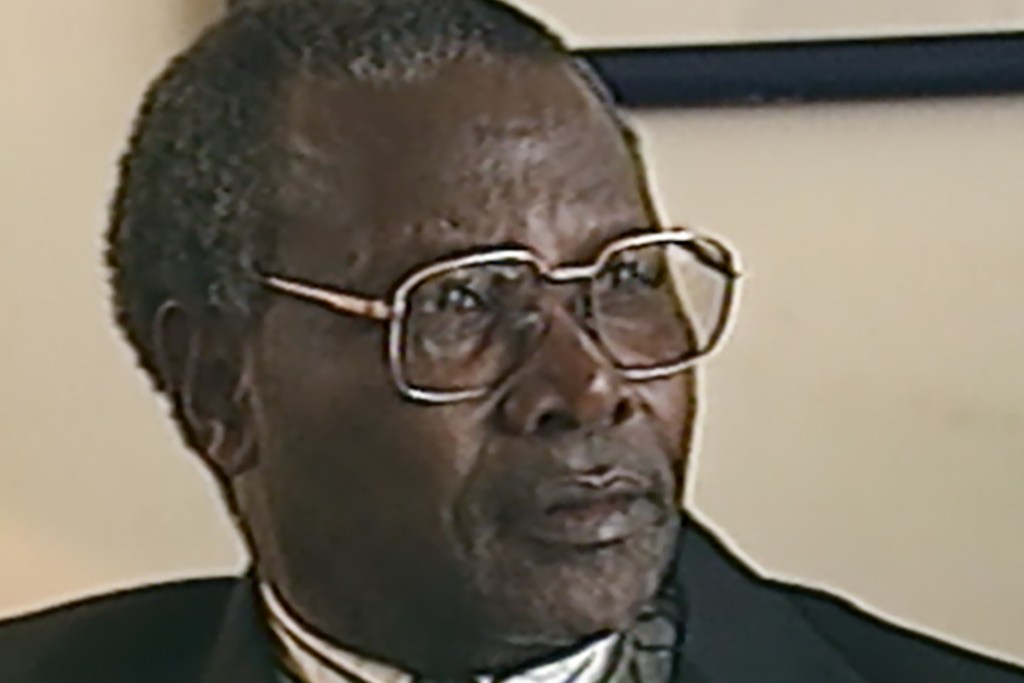Regional
Rwanda: Genocide against the Tutsis could not be possible without Kabuga Félicien’s full support

Felicien Kabuga - The Financier of the Genocide in Rwanda
The trial of Felicien Kabuga, one of the masterminds of the 1994 Genocide against the Tutsi, and its financier, is a bigger relief for the genocide survivors who had waited for 26 years to see him brought to justice. International Residual Mechanism for Criminal Tribunals seat in The Hague, in The Netherlands, on Wednesday, November 11, 2020 started the hearing of the case of Felicien Kabuga who was arrested in France in May 2020.
Kabuga’s role in genocide against the Tutsis is known and evidences incriminating him are numerous. Dr Jean Damascene Bizimana, the executive secretary of the National Commission for the fight against genocide, (CNLG), stressed that even if Kabuga didn’t himself take the machete and kill people, he bankrolled the establishment a “whole genocide system” to enable its execution. He is the real enabler of the genocide against the Tutsi as far as genocide ideology propagation and logistics are concerned.
On January 11, 1994, Gen Romeo Dallaire, the then Canadian commander of UNAMIR in Rwanda, received information that in one of Kabuga’s warehouses in Gikondo in Kigali city, were stockpiles of weapons.
During his trial, one of the leaders of the interahamwe, Jean Pierre Turatsinze, said weapons had been estimated to kill 1,000 Tutsis every 20 minutes, if put in the hands of interahamwe.
In February 1994, a representative of Chillington, a British tool manufacturing company, which among other things makes machetes, was reported saying that the company sold more machetes in one month than it had sold throughout 1993.
Applications for import licenses examined by Human Rights Watch between January 1993 and March 1994 show that 581 tonnes of machetes were imported into Rwanda.
These machetes, at a cost of Rwf95 million were paid by Mr. Kabuga, according to Jean Damascene Bizimana, the executive secretary of the National Commission for the fight against genocide (CNLG).
As if that was not enough, Kabuga helped in the establishment of the hatred radio station, Radio Télévision Libre des Mille Collines (RTLM), a radio which broadcast from July 8, 1993 to July 31, 1994. It played a significant role in inciting the Genocide against the Tutsi.
Widely listened to by the general and young-aged population, it instilled hate propaganda against Tutsis and other people who did not buy the idea of exterminating Tutsis. The radio played a crucial role in creating the atmosphere of charged racial hostility that allowed the genocide to occur. The RTLM broadcasts were an important part of the process of mobilising the population. RTLM has been rightly described by some authors as “radio genocide”, “death by radio” and “the soundtrack to genocide”.
It is an open secret that Félicien Kabuga was heavily involved in the founding and bankrolling of that radio, as well as Kangura magazine, another extremist newspaper that mobilized for the genocide. In 1993, at an RTLM fundraising meeting organized by the then governing party MRND, Felicien Kabuga publicly defined the purpose of RTLM as the defense of Hutu Power. Consequently, the radio frequently referred to Tutsis as “cockroaches” to be killed.



